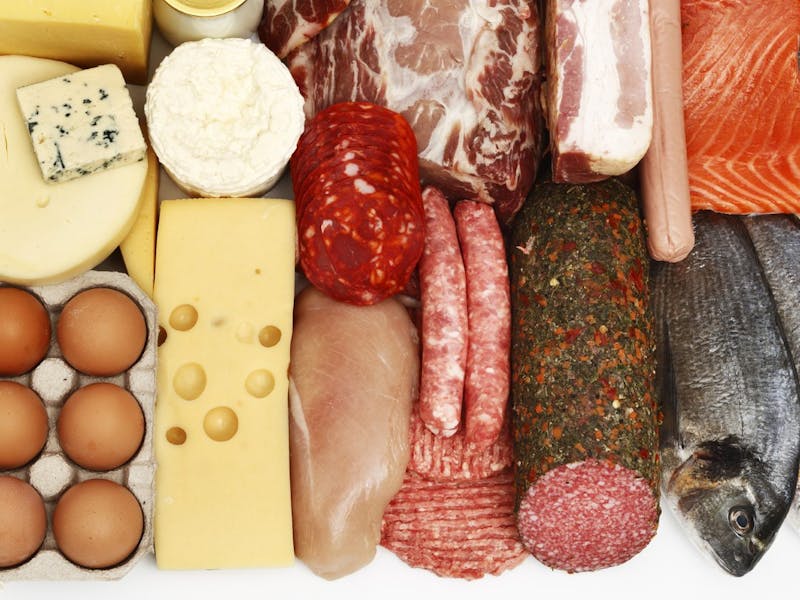Review shows saturated fat is neutral with regard to health
Is butter bad for you? What about other saturated fats? Probably not.
According to a recent review of a large number of observational studies, only trans fats are associated with heart disease. No other type of fat – including saturated – showed any link to heart disease:
The results showed that people who eat a lot of butter or other saturated fats don’t get heart disease more frequently than people who avoid foods containing saturated fat.
- The Telegraph: No link found between saturated fat and heart disease
- Mail ONLINE: Saturated fat ‘ISN’T bad for your heart’: Major study questions decades of dietary advice
- NPR: Don’t Fear The Fat: Experts Question Saturated Fat Guidelines
This study confirms previous studies that show that saturated fat is neutral when it comes to your health. Government guidance and health warnings against eating butter and other foods that contain saturated fat can’t be supported by the balance of the evidence.
Is it time for this guidance to end?
More
Heart Doctor: Time to Bust the Myth about Saturated Fat and Heart Disease
The Real Association Between Butter and Heart Disease in Sweden
